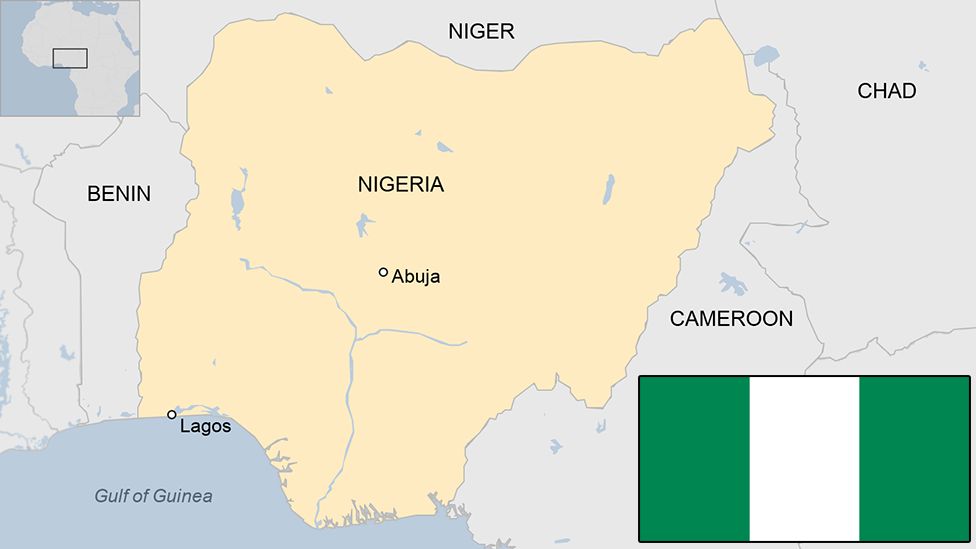Matthew Onocheta

Tertiary institutions in Nigeria’s South-East region were left out of the list of beneficiary schools in the first phase of the Nigerian Education Loan Fund (NELFUND) disbursement.
According to a circular released by NELFUND, more than N2.9 billion has been approved and disbursed in loans for the payment of tuition fees for more than 27,000 students in 19 higher institutions in Nigeria.
However, none of the 19 institutions is from the South-Eastern part of the country, while the other five geopolitical zones have at least one institution on the list.
NELFUND’s spokesperson, Nasir Ayitogo, told local news outlet, Peoples Gazette that the recent disbursement of funds was not based on geopolitical zone consideration.
“There is no consideration of geopolitical zones in disbursement,” Mr Ayitogo said.
He noted that only institutions that have responded to NELFUND verification lists sent to eligible institutions across the country are being credited.
“NELFUND sent a verification list to every institution eligible for disbursement. Only institutions that have responded are being paid. We are yet to get any response from the institutions from the South-East.”
On several occasions, the All Progressives Congress (APC) government has been accused by Nigerians of deliberate neglect of the South-East region regarding political benefits and appointments since the party took over the presidency in 2015.
Four days before his death on July 25, former president general of the Ohanaeze Ndigbo, Emmanuel Iwuanyanwu, said the South-East is the most marginalised geopolitical zone in Nigeria.
“Forty-eight ministers were appointed by Mr President; by the law of federal character, South-East should have eight ministers, but we have only five ministers while some other zones have up to ten,” said Mr Iwuanyanwu.
“He also noted, “All the efforts to develop railway infrastructure in Nigeria, nothing was done in the South-East in spite of the fact that our people are traders who travel a lot.”
In 1967, Igbo leaders declared independence for the state of Biafra, but after a civil war, which led to the deaths of millions of people, the self-determination movement was defeated.
But the idea of Biafra has never gone away and despite arrests of its members.
Peoples Gazette contributed to this report
